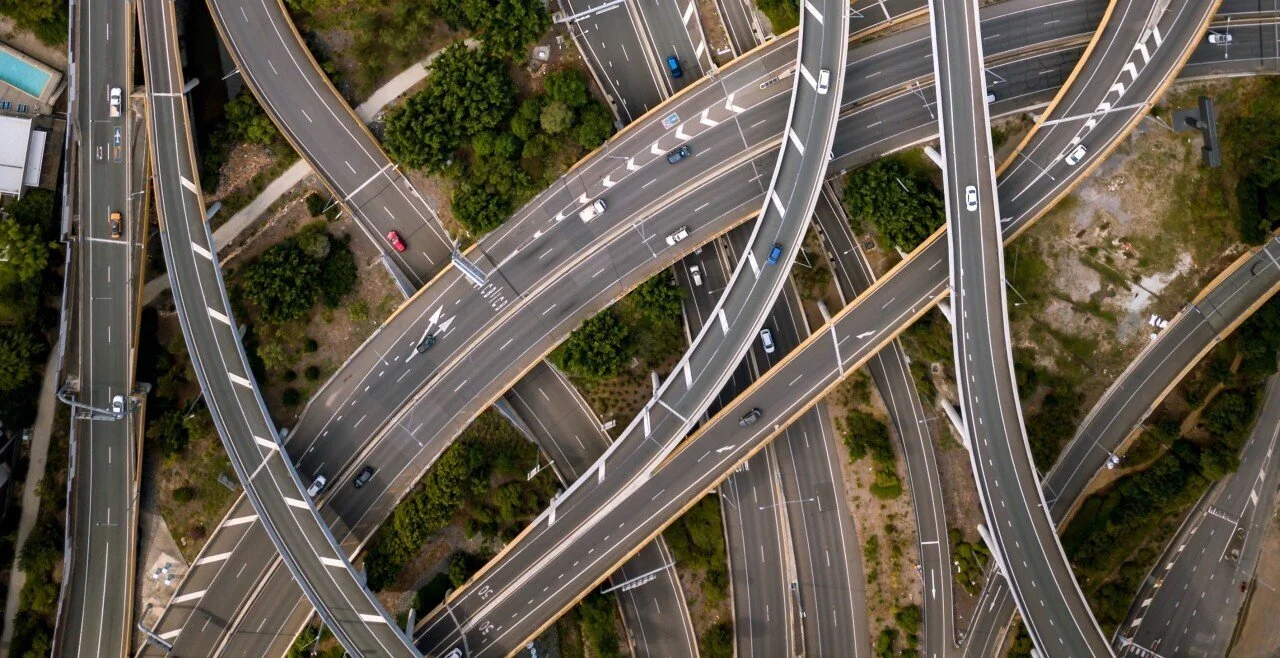THE LATEST ON THE BLOG
Changemaker articles on leadership, innovation, and positive change to help you go beyond yourself
Becoming a Changemaker in Japanese
I'm still trying to get over the shock and discomfort of seeing my face on a book cover like this!
But I'm otherwise thrilled to share that the very first translation of Becoming a Changemaker was just published in Japanese!
Finding Leadership Treasures in World Cup Trash
Here are three leadership lessons we can't let go to waste from World Cup fans.
The Way We Count Our Time At Work Isn't Working
Instead of a 40-plus hour-per-week sprint, think of it as a relay race.
Why Your Company Needs a Chief Impact Officer
It's a position you may not even know exists, but it will soon be playing a crucial role in leadership teams around the country. I predict every major company and startup will soon be hiring its own chief impact officer (CIO) and in doing so, elevating the voice of impact into the C-Suite.
Stop Waiting for Permission.
I’m often asked what most often holds someone back from being a changemaker? One of the biggest barriers that I’ve found, both in my research and in my direct work with folks, is people waiting for *someone else* to give them permission.
Change What You Measure to Catalyze Change
4%. 5%. 6%.
Those are the undergraduate acceptance rates of Stanford, Harvard and Princeton, respectively.
But what changes become possible when we move from metrics of exclusion to metrics of inclusion?
I share a case study and some ideas here to help you find the courage to change what you measure to unlock the changes you want to create!
Changemaker Reading List - February 2021
I’m always on the lookout for new perspectives and insights on leading change. And I attempt to find them from all kinds of people and in all kinds of places. This week I’ll share a few favorite articles I’ve read in the last week or so on the topic of changemaking. I hope these brilliant pieces will challenge and inspire you and your pursuit of positive change just as they did for me.
3 Opportunities for Impact in 2021
Spend time learning about -- and then taking action on -- three crucial areas where positive change is especially needed right now: climate, DEI and mental health.
2021 Changemaker Resolutions
If your aspirations for 2021 include becoming an even more effective changemaker, I’ve identified these three high-potential / high-return resolutions for you:
Interview with Muhammad Yunus
What an absolute joy and privilege it was to welcome one of my social entrepreneurship heroes, Muhammad Yunus, as a guest speaker for Becoming a Changemaker! Truly a professional dream come true.
Changemaker Mindset Advice from Students
I am so fortunate to learn from and alongside my amazing Berkeley students each week. They’ve been developing a changemaker mindset all semester, so on Tuesday I asked them what aspects of thinking and acting like a changemaker are most helping them navigate all of the change around us right now. I wanted to understand which course concepts they are applying to their own life to stay grounded, positive and to continue making a positive impact on those around them during such challenging times. Here are the top 5 results from a poll and our class discussions alongside some resources if you want to learn more.
Switching Costs
Right now the world around us is changing more rapidly than we’ve ever experienced, and this is naturally quite scary. But if you are looking to make or lead a change of any kind, it’s actually great news for the changemaker inside of you. With so, so much change happening all around us in every part of our lives, it makes the (perceived) switching costs of taking on any individual new change initiative much less burdensome.
Innovating at the Edges
Changemakers see opportunities where others see intractable problems. If you’re not sure where to start, consider looking for opportunities for change at the edges -- leveraging intersections and initiating interdisciplinary thinking. Pay attention to inflection points where one problem starts and another begins. Consider the blind spots of a single discipline and how intersecting with another’s perspective could generate a brand new way of seeing solutions otherwise unimaginable through a single lens.
Choosing your Change
How many things have changed for you in the last week? A few dozen? A couple hundred? A thousand? We are facing unprecedented levels of change affecting everything from our personal lives to our professional; our physical health to our mental. Not only are you navigating ridiculous set-ups like taking a video call propped up in your laundry room, many of you are also figuring out how to homeschool your kids, all while navigating massive changes at work and in the health of yourself and your loved ones. And perhaps like me you have decided that without gym access, now is the time to become a runner (evidence not all changes are welcomed or going well…)



















